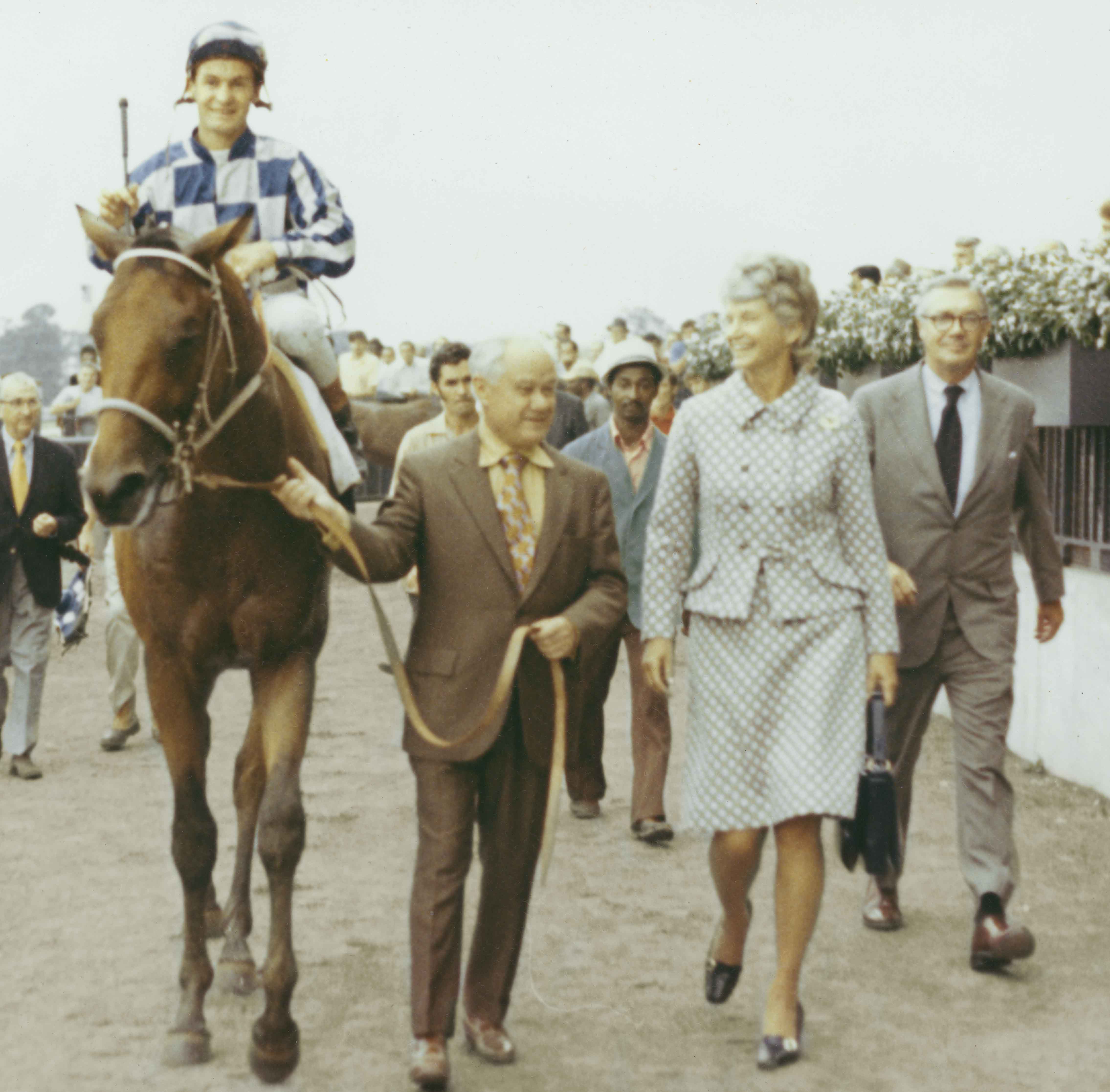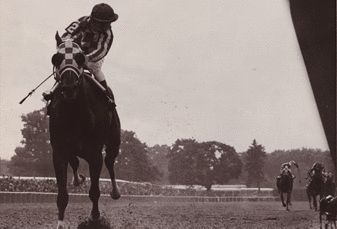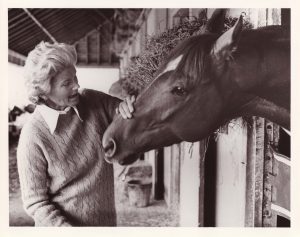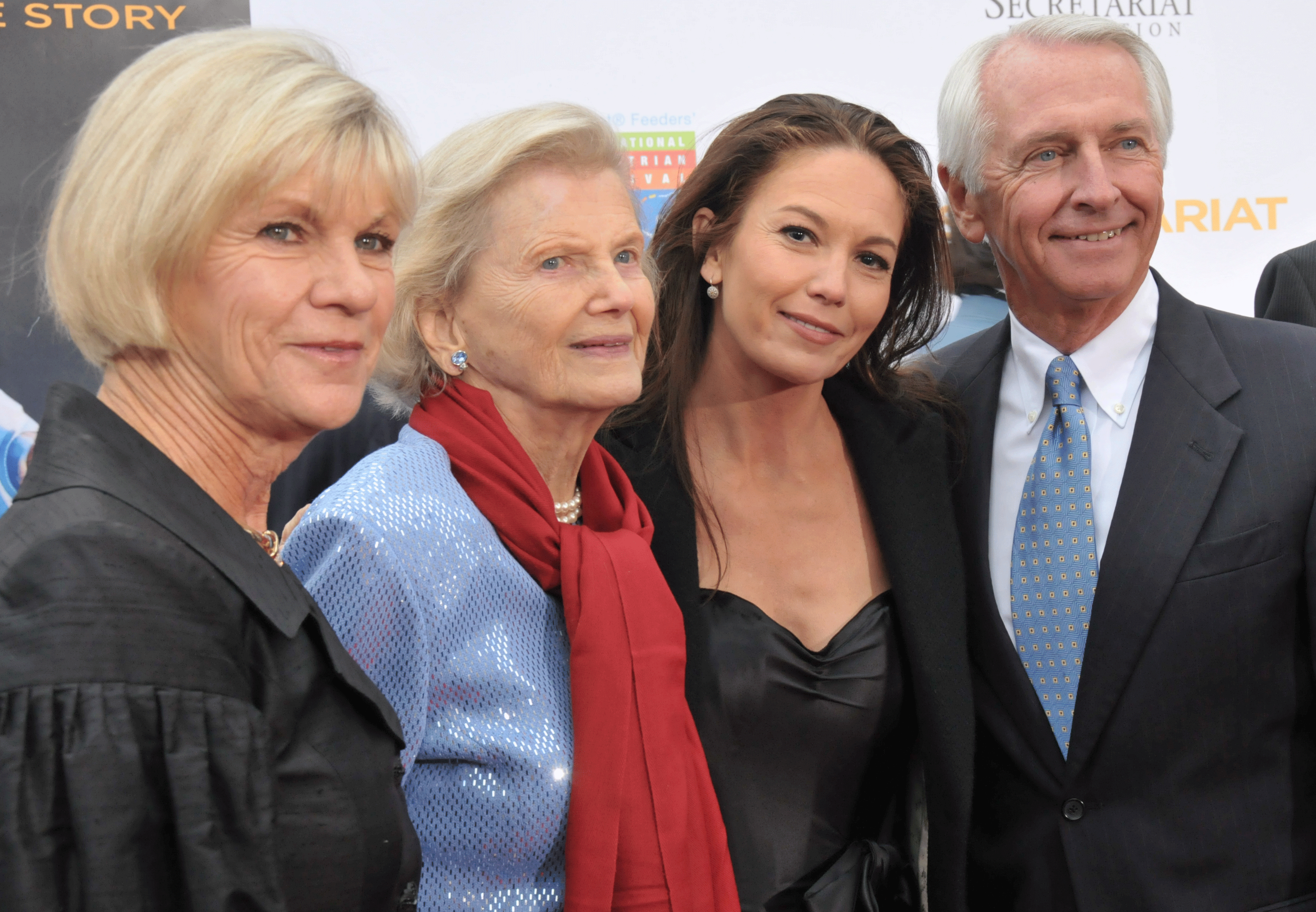“Tiene Medicaid”
“Tiene Medicaid.” She has Medicaid.
My work as a domestic relations mediator teaches me every day about life for low income families. The details of individual cases are confidential, but let’s say a divorced mom makes about $1900 a month cleaning houses. Her ex makes $2750 a month in landscaping. In winter, neither of them gets enough hours of work to earn even those amounts on a steady basis. He’s ordered to pay $633 in child support for their two kids, which he has a hard time coming up with at times. Their divided households live on that, here in Boulder County.
One conversation sticks with me. The mom — I’ll call her Octavia — stoical, uneducated but smart, scarred but not bitter, had warily agreed to give her the dad more parenting time, and we were discussing the reality that her child support payments were likely to shrink. Her youngest child had special needs requiring extra medical care. I remember asking, in Spanish, how she paid for this. “Tiene Medicaid,” Octavia replied, smiled — and broke down in tears.
The Affordable Care Act expanded Medicaid in Colorado in 2013. Before that, life for parents like Octavia was one long medical and financial nightmare. But the ACA enabled thousands of Colorado kids – with disabilities and without — to obtain government health insurance for the first time. Medicaid expansion enabled the 20 provider members of the Colorado Community Health Network to expand their facilities, so that there are now 195 clinic sites statewide. In Boulder County, Clínica Family Health (now celebrating its 40th anniversary) is expanding its facilities in Lafayette and Westminster to serve more patients like Octavia and her daughter. Clínica alone has added 10,000 new patients since the Medicaid expansion. Expanding Medicaid cut the number of uninsured kids in Colorado from 7% to 2.5% – and it cut the cost of uncompensated care by over 50% as well.
Clínica’s mission has always been to serve patients regardless of ability to pay. But for families with more complex medical needs, such as children who require specialty referrals, Medicaid eligibility is essential. Medicaid has also provided access to quality dental care. And Medicaid funding has allowed Clínica to partner with other county agencies to take a broader approach to social determinants of health into account — like housing, mental health, and other needs.
Families like Octavia’s are never far from financial catastrophe. But a disabled child whose medical needs are well supported can more successfully attend school – and that means her mom can work enough hours to support herself and her kids. Healthy families are productive families, holding jobs, staying in school, requiring less public assistance, contributing to our society. More broadly, when we invest in preventive care, we invest in the social capital of our citizens. According to the Colorado Health Foundation, Medicaid expansion has generated over 31,000 jobs, increased Colorado’s economic activity by over $3.8 billion, and raised annual household earnings by $600. The Foundation predicts that the economic activity spurred by Medicaid expansion will generate enough General Fund revenues to offset any new state government Medicaid expenses.
But now Medicaid funding is under threat, as the new Congress and President Trump consider ways to repeal and replace the Affordable Care Act. Simon Smith, the CEO of Clínica, is urging folks not to panic, stressing that their doors will always be open to patients as they always have been regardless of ability to pay. But he does worry about patients’ access to specialty referrals outside Clínica’s areas of expertise. More broadly, he worries about the prospect of Congress simply draining money out of the Medicaid system and forcing states to make the hard choices on their own. Then the Feds would not be throwing patients off Medicaid directly; they’d just be providing so little money that the states would have to restrict income eligibility limits, cut benefits, or both. He worries about the future of all of the broad-based health and wellness programs underway, about how to hold onto the progress that’s been made.
And despite Simon’s urge to keep calm and carry on, a pall of uncertainty has descended – over the providers, over the insurers. And soon, inevitably, over moms like Octavia. Of course, given the uncertainties women like her face every day, they have to be tougher than most of us.
But a low-income mom of a kid with special needs has her hands full. Many others of us have the time, and voice, and responsibility, to take action. In Colorado, over 100 groups from across the political spectrum — from the Chambers of Commerce on down — have gathered to form the “Colorado Health Policy Coalition.” They’re mobilizing for a comprehensive, non-partisan approach to health care reform. Whatever your political stripe, there’s a place to stand. It’s not just the uninsured – the health of every one of us is on the line.
-Boulder Daily Camera guest editoral






 Back when the Disney movie “Secretariat” came out, I posted a reaction on Roger Ebert’s blog, after he posted a favorable review that commented on a negative review in Salon.com. I actually think the process of writing these comments created the appetite for me to begin working on”Penny & Red” three years later. Roger’s re-post of the exchange follows below:
Back when the Disney movie “Secretariat” came out, I posted a reaction on Roger Ebert’s blog, after he posted a favorable review that commented on a negative review in Salon.com. I actually think the process of writing these comments created the appetite for me to begin working on”Penny & Red” three years later. Roger’s re-post of the exchange follows below: